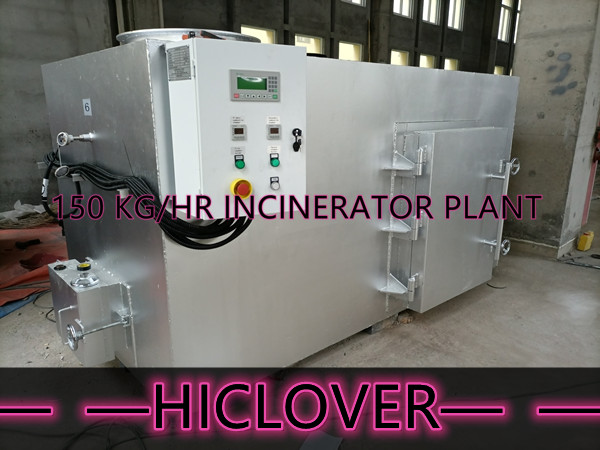Incinerators have long been a topic of controversy and debate within local communities. While some argue that they are a necessary solution for waste management, others express grave concerns about their environmental and health impacts. As a result, community perspectives on incinerators are varied and often deeply entrenched.
One of the primary concerns voiced by community members is the potential health risks associated with incinerators. Many fear that the emissions produced by incinerators, such as dioxins and heavy metals, pose a significant threat to public health. These pollutants have been linked to a range of serious health issues, including cancer, respiratory problems, and developmental disorders. As a result, communities living near incinerators often express fear and anger about the potential impact on their health and the health of their families.
Further, there are worries about the environmental impact of incinerators. Many argue that incinerators contribute to air and water pollution, as well as to the production of greenhouse gases. This is of particular concern in communities that are already dealing with environmental challenges, such as poor air quality or water contamination. Additionally, there are worries about the disposal of ash and other byproducts from the incineration process, which can present their own set of environmental hazards.
On the other hand, proponents of incinerators often argue that they are a necessary solution to the problem of waste management. They point to the fact that incinerators can reduce the volume of waste that would otherwise end up in landfills, and that they can also generate energy through the combustion process. In this way, they argue that incineration can be a sustainable and beneficial approach to waste management.
It is clear that there is a significant divide within local communities when it comes to the issue of incinerators. In many cases, the debate takes place against a backdrop of broader social and economic disparities, with incinerators often being located in or near marginalized communities. This can further exacerbate the tensions around incinerators and can make it difficult for communities to find common ground.
One potential way forward is through increased dialogue and community engagement. It is essential for all stakeholders, including members of the community, local authorities, and incinerator operators, to come together to discuss the concerns and potential solutions. This can help to foster a deeper understanding of the issues at hand and can lead to the development of more inclusive and sustainable waste management plans.
Ultimately, community perspectives on incinerators are complex and multifaceted. It is clear that there are legitimate concerns about the health and environmental impacts of incinerators, and it is essential that these concerns are taken seriously and addressed. At the same time, it is important to recognize the challenges of waste management and to work towards solutions that are both effective and equitable for all members of the community. Only through open and honest dialogue can progress be made in finding sustainable and just waste management solutions for all.



